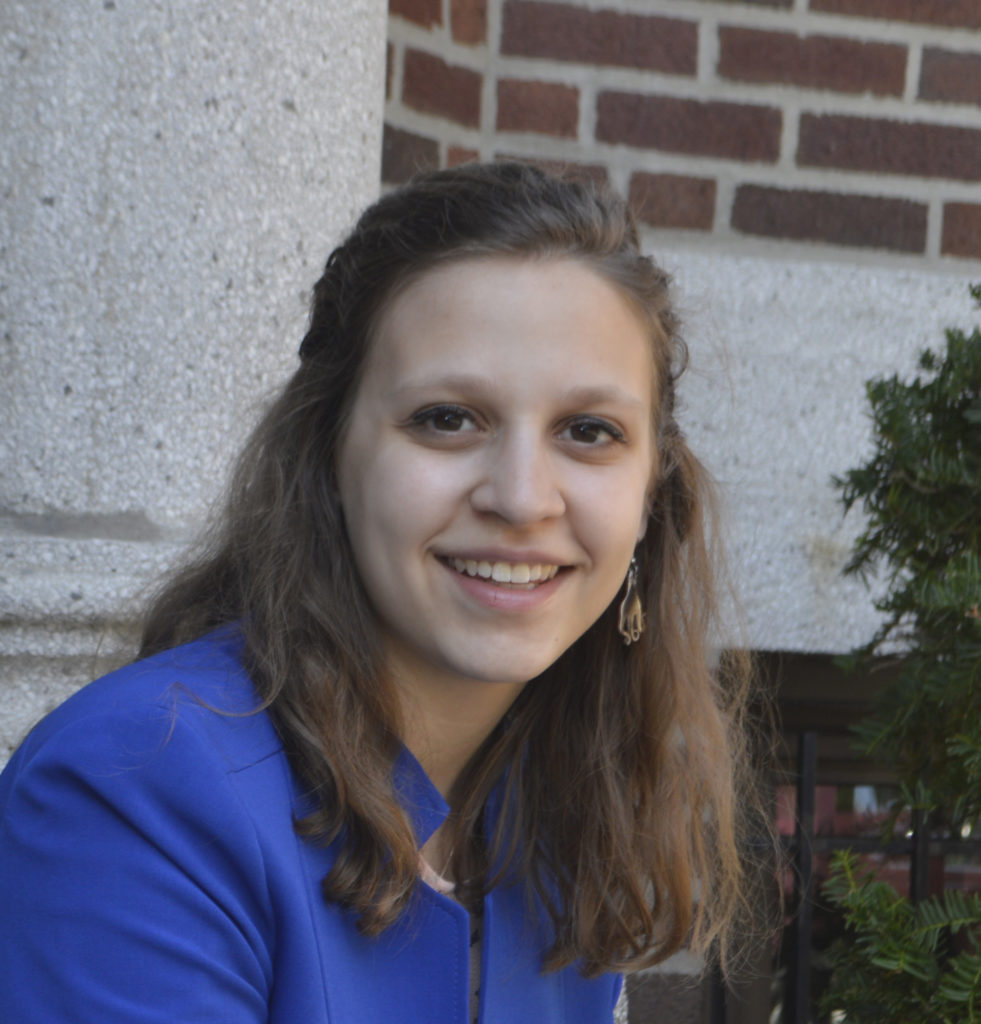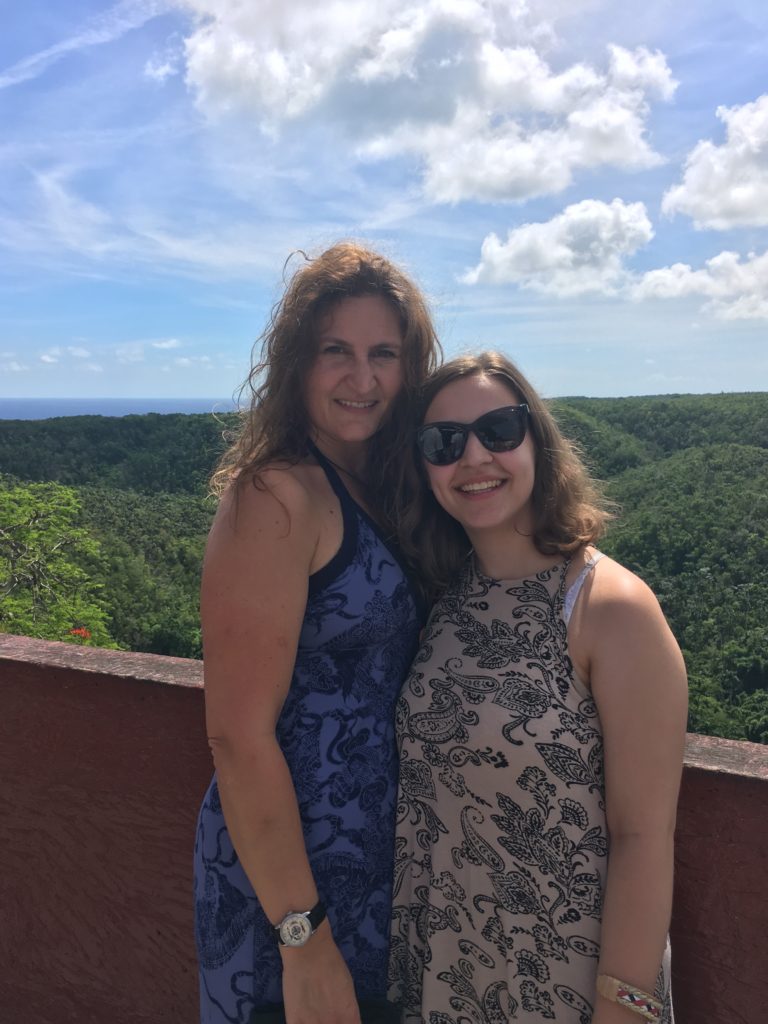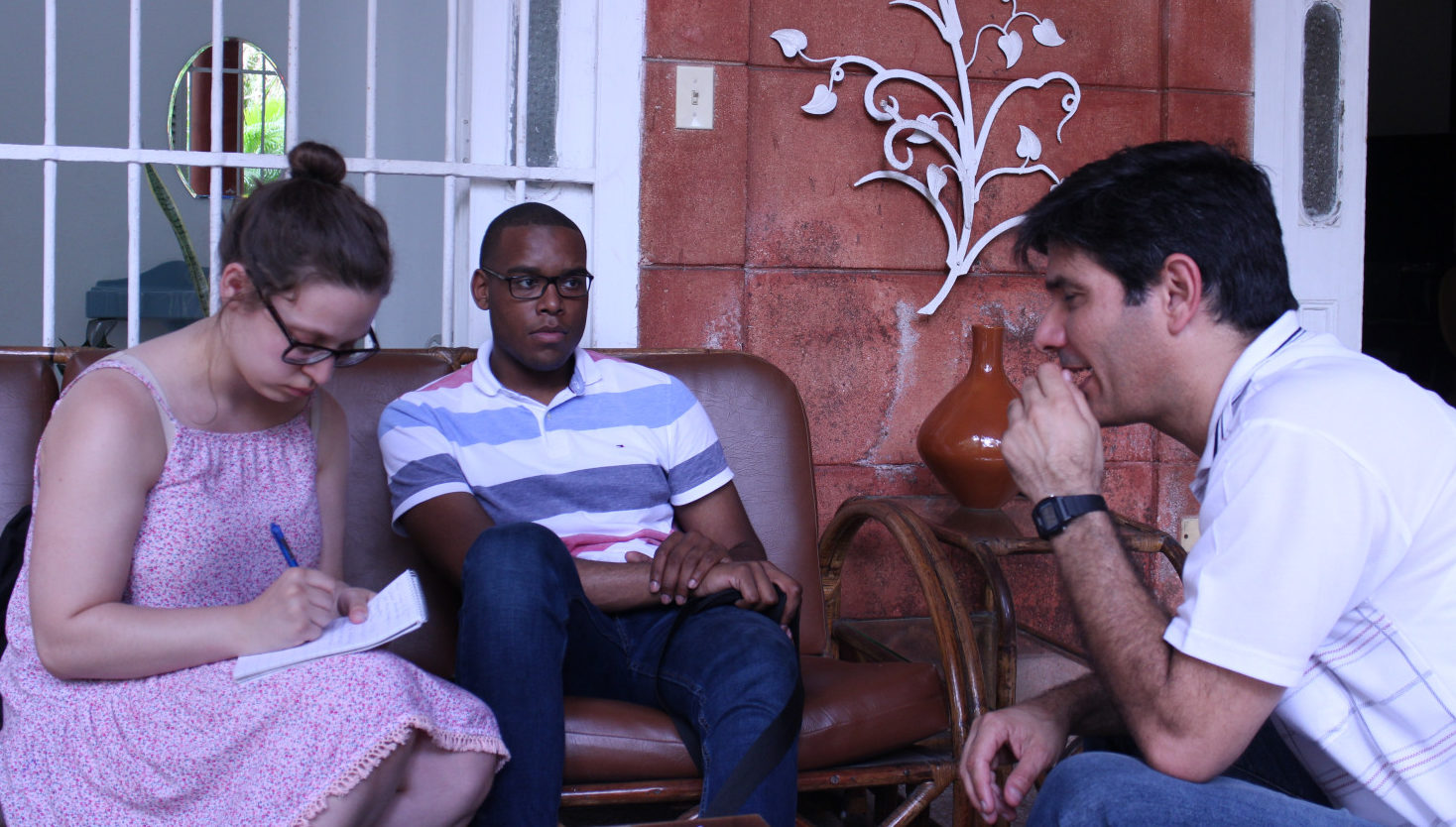
Northeastern student Hannah Bernstein is studying Journalism and Environmental Science, and is spending her summer combining these two passions as Fact-Checking and Communications Assistant at Ensia, a solutions-focused nonprofit media outlet reporting on the changing planet. In her role, Hannah is responsible for fact-checking the articles that Ensia produces, as well as helping out with social media content and any other tasks that come her way. The position is an opportunity to gain experience in the science reporting space, and work for an organization that is interesting, forward-thinking, and globally focused.
“The best thing about Ensia is the mission,” Hannah said. “While I love all forms of journalism, science and environmental reporting is really where I want to be, and it’s been such an amazing opportunity to be able to work somewhere that has both.”
Ensia’s mission centers on reporting about solutions; instead of simply reporting on a problem, Ensia embraces solutions journalism. This is an approach that empowers journalists to identify people and organizations that are searching for and working towards solutions to problems. A solutions-focused article informs the public about an important issue while also providing case studies for what can be done about it. One example that Hannah points to is waste management, a popular topic in the media right now.
“It’s one thing to write about what is going wrong in this area,” Hannah said. “But maybe one city has a really great waste infrastructure plan that is helping reduce landfills and increase composting and recycling, and that model could help city or state officials in other places develop better infrastructure for their own towns. That’s solutions journalism, and it is necessary in this area, especially when reporting on climate change. Sometimes, it feels like this huge disaster that we can’t solve, but there are actually things to do, whether it’s on an individual level or a community or state level. Solutions journalism is about empowerment.”
Another unique aspect of Ensia is their business model. While they are located inside the University of Minnesota’s Institute on the Environment, they are editorially independent and do not function at all like a public relations publication. Ensia also actively encourages other publications to republish their articles for free.
“In this day and age when many mainstream media outlets do not have the resources to maintain a science desk, Ensia is trying to fill that gap by providing real science journalism to people that are lacking that perspective,” Hannah explained.
Science journalism is an emerging field that exists at the intersection of so many different people, ideas, organizations, concepts, solutions, and more – and it can truly help spark action and ignite change.
“Writing about climate change in a journalistic way means making elitist, scientific information that is difficult to understand more available and accessible,” Hannah said. “It means depoliticizing it, turning it into stories that are about people. We need action from our governments on climate change, but we also need action from the individuals who can explain what is happening to people that have no background in science. I want to be a part of that environmental education in any way that I can, and my skill is writing. So I’m going to write about it.”
Hannah’s first co-op position was in a similar space, serving as a Communications Assistant at the MIT Energy Initiative. This role, as well as her Northeastern connections, helped her stand out when the fact-checking position opened up at Ensia.
“Already having one co-op under my belt helped develop a lot of my soft skills like learning how to navigate an office culture, multitasking and prioritizing different responsibilities, communicating with editors and more,” Hannah said.

Her classroom and extra-curriculars also helped prepare her for her current position – and will set her up for success in a role after graduating.
She has been very involved with The Huntington News, Northeastern’s independent student newspaper, where she gained a strong fact-checking training. Her work alongside School of Journalism Professor Carlene Hempel also taught her to have an “eagle eye.” Hannah took Intermediate Reporting class with Professor Hempel, then had the opportunity to learn from her during the Reporting in Cuba Dialogue of Civilizations.
Beyond those experiences, she also recently took Digital Storytelling and Social Media and Science Writing courses concurrently, which both had data and multimedia components. She hopes to be able to put those new skills to use at Ensia this summer, while also strengthening her fact-checking, writing, editing, and research skills. We look forward to seeing how the rest of the summer unfolds!


